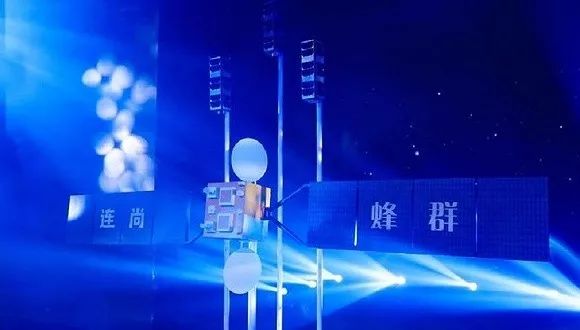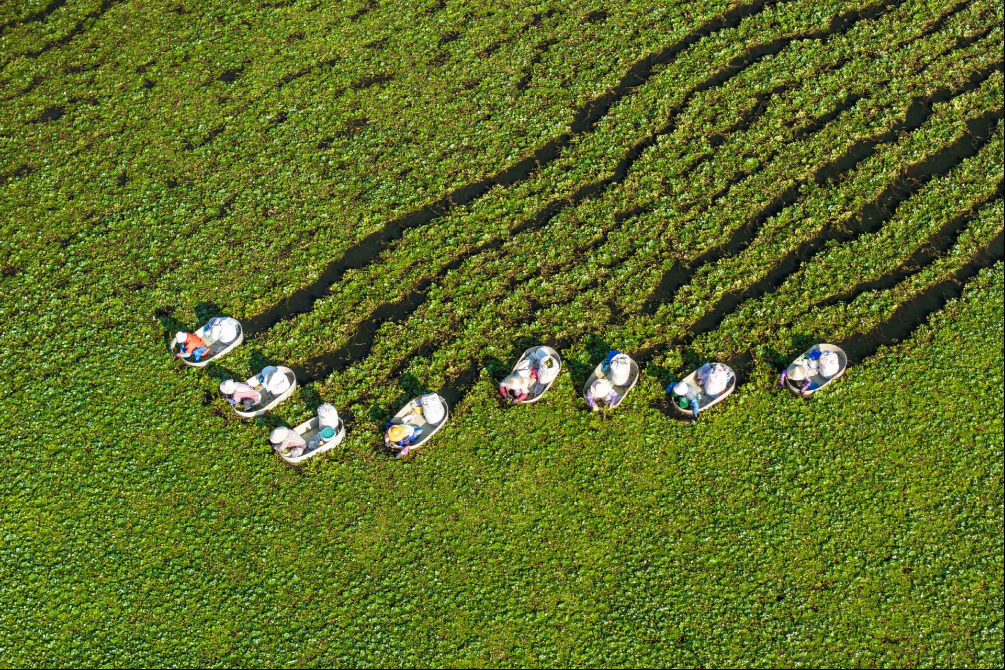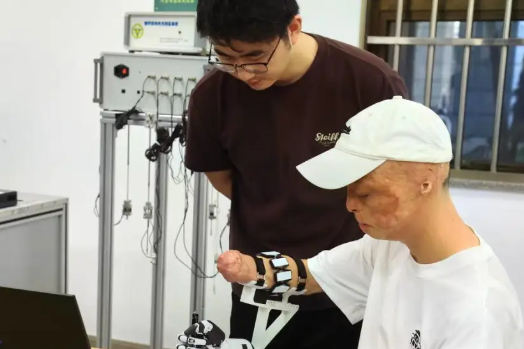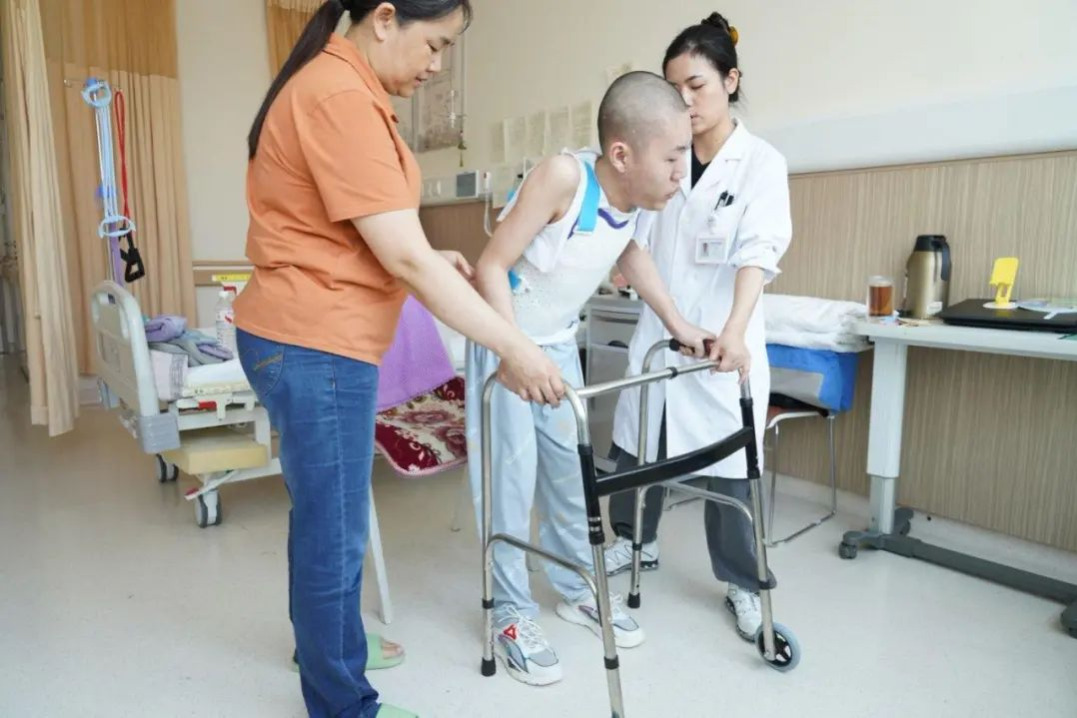Chinese company unveils first satellite for free WiFi


A Chinese internet technology company unveiled the first satellite in a constellation plan to provide free WiFi service worldwide on Tuesday, following international tech giants into the field.
LinkSure Network, founded in Shanghai in 2013, markets itself as a global innovative mobile internet company specializing in free internet access, content and location-based services on its official website.
According to the company, the satellite will be launched from Jiuquan Satellite Launch Center in Northwest China's Gansu province next year, and by 2020 there will be 10 satellites in space. The constellation will have 272 satellites by 2026.
People could use their mobile phones to search for internet services provided by the constellation and browse the internet, even in regions where telecom networks do not cover.
Wang Jingying, CEO of LinkSure Network, said the company will invest 3 billion yuan ($431.4 million) into the plan. She believes through different scenarios, applications and modes, the company could earn in the future.
By the end of 2017, there were still 3.9 billion people not connected to the internet, according to data from the United Nations.
Because of the diversity and complexity of geomorphology, some infrastructure facilities of telecom networks cannot be installed at some places, and therefore satellite constellations might be an alternative.
Currently, many foreign tech companies, including Google, SpaceX, OneWeb and Telesat, have already launched plans to use satellites to provide free internet access.
A previous Goldman Sachs report estimated long-lasting and high-profit opportunities will appear in the space commercial market, at a scale of trillions of dollars within 20 years.
Bank of America Merrill Lynch predicted that by 2045, the world space industry will reach $2.7 trillion in value.
Chinese aerospace technologist Huang Zhicheng said space projects were always high-risk and high-investment, they do not see returns for several years and investors should be patient.






























